Category Archives: Apps & Interactive Sites
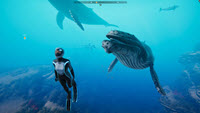
There is now a novel way to reach audiences and help spark their interest in ocean science that involves the very popular world of video gaming. Launched by E-Line Media in conjunction with the BBC and researchers involved with their Blue Planet II series, the single-player narrative adventure Beyond Blue takes players deep into our Read More
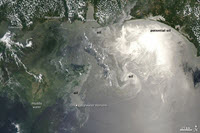
The Smithsonian’s Ocean Portal published an interactive tool featuring maps and graphics showing where Deepwater Horizon oil traveled. The story map also includes locations for where responders applied chemical dispersants on the Gulf’s surface and other sources where oil enters the Gulf, such as offshore oil and gas platforms and natural seeps. Try out the Read More
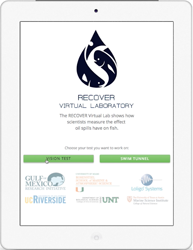
The Relationships of Effects of Cardiac Outcomes in fish for Validation of Ecological Risk (RECOVER) consortium updated their website to create an improved visitor experience, including a Virtual Reality tour of the team’s hatchery facilities. Users visiting the site on their mobile smartphone can take the free tour directly on their device using the Wonda VR Read More
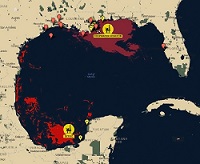
Scientists and outreach personnel created an on-line resource that examines two major oil spills in the Gulf of Mexico: The Deepwater Horizon in the northern Gulf and the Ixtoc in the southern Gulf. The Beneath the Horizon website, developed by the Center for Integrated Modeling and Analysis of Gulf Ecosystems (C-IMAGE) research group and Jake Price Productions, explores these spills, Read More

In the wake of Deepwater Horizon, scientists have been working diligently to understand the impacts of the oil spill on the Gulf of Mexico along with the wildlife and people that depend on it. The Relationships of Effects of Cardiac Outcomes in fish for Validation of Ecological Risk (RECOVER) consortium’s focus has been on the Read More
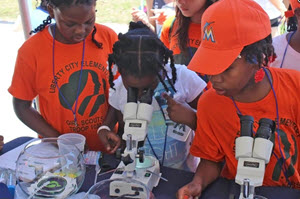
A child’s face lit up with wonder as she peered into a microscope for the first time and discovered a new world. Researchers at the Miami-based RECOVER consortium want experiences like this to happen more often for more students, so they designed and developed the RECOVER Virtual Lab. Now, scientists can engage students ages 8 Read More
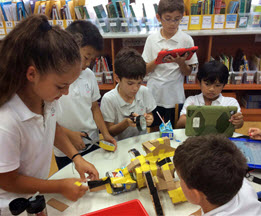
Communicating oil spill research is essential to improve society’s understanding about spills and their ability to respond to and mitigate them. The Gulf of Mexico Research Initiative (GoMRI) has been funding spill-related research since 2010. Here are ten outstanding education products and resources that GoMRI and its science community have developed to share what they Read More
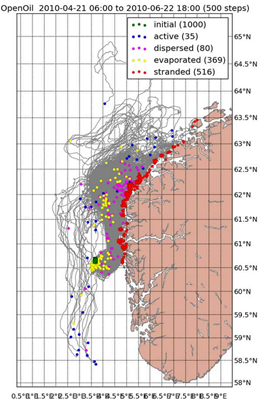
A new, open source software for modeling the trajectories and fate of particles (Lagrangian Elements) drifting in the ocean, or even in the atmosphere, has been developed a the Norwegian Meteorological Institute in cooperation with the Institute of Marine Research. The software, known as OpenDrift, is a generic framework written in Python. It is openly Read More
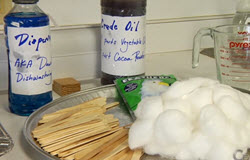
A Hands-On Activity for Children Ages 4-14 The 2010 Deepwater Horizon explosion ultimately led to upwards of 5 million barrels (386 Olympic-size swimming pools) of oil saturating the northeastern Gulf of Mexico. This event threatened 8 national parks and 400 species and heavily impacted the economic well being of Gulf States. Cleanup of the spill proved to Read More
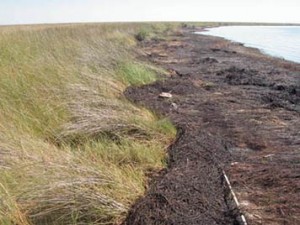
Coastal wetland vegetation is essential to the coastal area because it provides a barrier for the local community, a nursery habitat for juvenile organisms, and a highly productive environment for the marine life. This form of vegetation has a very high potential to come in contact with pollution, originating from inshore or offshore sources, because Read More

